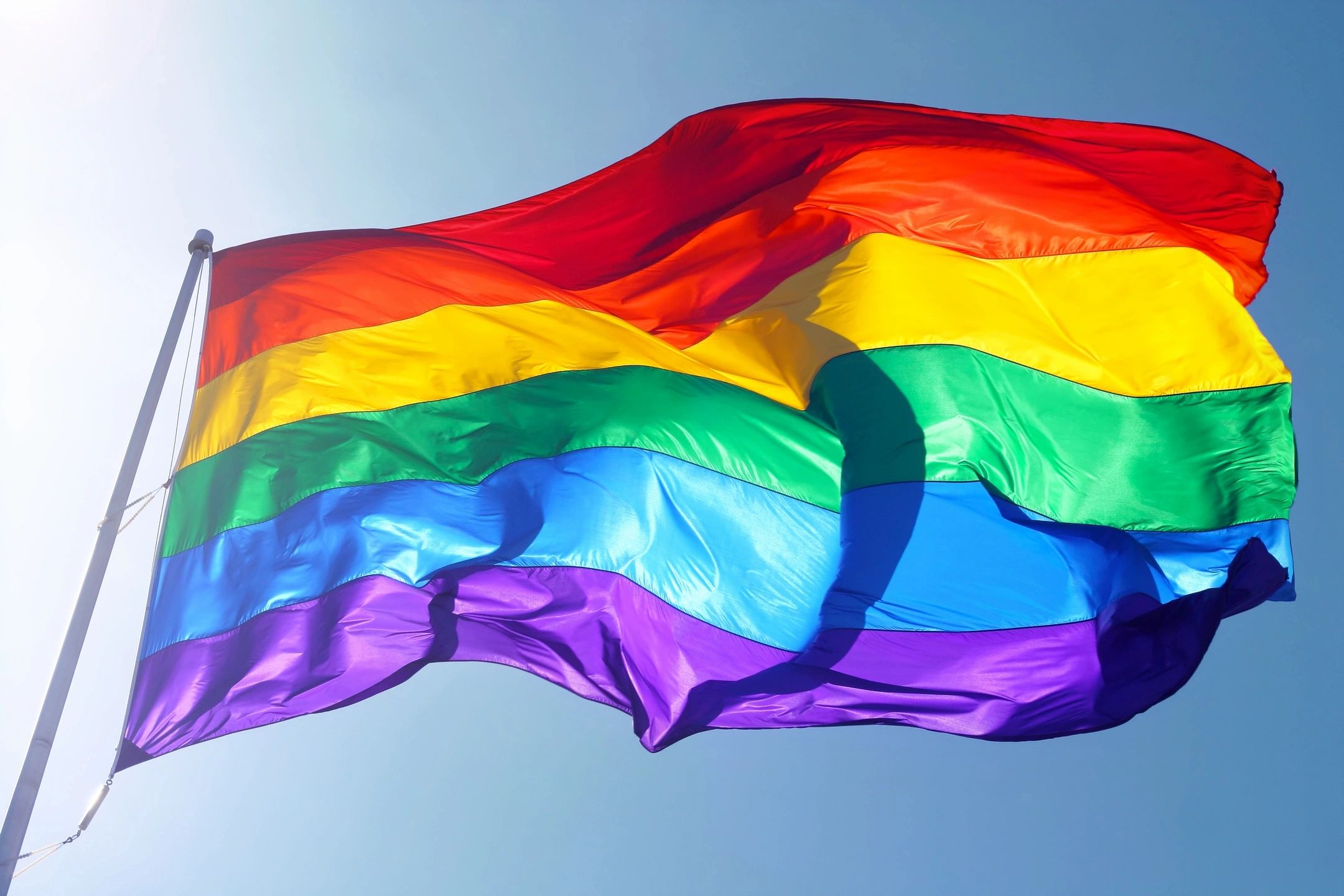CCDPW Joins African Human Rights Defenders in Condemning Uganda’s Deadly Anti-Homosexuality Act
The Cornell Center on the Death Penalty Worldwide joins Chapter Four Uganda, the Human Rights Awareness and Promotion Forum, Freedom and Roam Uganda, Sexual Minorities Uganda, Human Rights Watch, Amnesty International, the UN, and many other African and global human rights organizations in condemning Uganda’s Anti-Homosexuality Act 2023, which endangers the lives and livelihoods of LGBTQ+ Ugandans and their supporters. We stand in support of LGBTQ+ Ugandans and their allies in condemning and calling for the immediate repeal of this discriminatory and dangerous law.
On May 29, 2023, Ugandan President Yoweri Museveni signed the Anti-Homosexuality Act of 2023 (“the Act”) into law, mandating harsh punishments for LGBTQ+ Ugandans and their supporters, including the death penalty for certain acts. The Act, considered among the worst of its kind in the world, has drawn widespread attention and backlash.
Clause 2 provides for life imprisonment for the “offence of homosexuality,” defined as when a person “performs a sexual act on another person of the same sex or allows another person of the same sex to perform a sexual act on him or her.” Additionally, Clause 3 mandates the death penalty as punishment for anyone convicted of “aggravated homosexuality,” a broad term that not only includes consensual same-sex relations but also rape, statutory rape, spreading HIV through sex, and people classified as “serial offenders.”
Clause 14 of the Act criminalizes the “promotion of homosexuality,” the definition of which includes speech or financial support for sexual and gender minorities, would destroy any constitutional protections previously held by LGBTQ+ Ugandans and their allies. Criminal “promotion” also includes leasing any building to any person engaged in a same-sex relationship or any organization advocating on their behalf. Because “promotion of homosexuality” is so broad and vaguely defined, Ugandans and observers are concerned that landlords and even family members could face criminal penalties for housing a LGBTQ+ person.
Clause 14 also imposes a duty requiring that “a person, who knows or has reasonable suspicion that a person has committed or intends to commit the offence of homosexuality or any other offence under this Act, shall report the matter to police.” After President Museveni expressed concern that in an earlier draft of the Bill, the criminal sanctions for failure to report were overly broad, Parliament amended the bill to limit criminal sanctions for failure to report to offenses “against a child or vulnerable person.” Nevertheless, the revisions retained the language requiring ordinary citizens to inform on their LGBTQ+ friends, neighbors, and family members. As the Human Rights Awareness and Promotion Forum noted in its review of the revised Bill, it is unclear whether failing to report will still carry criminal penalties because Section 22 of the Penal Code Act provides for up to two years imprisonment for misdemeanors without enumerated penalties.
Regardless of criminal penalties, the reporting requirement is an egregious violation of LGBTQ+ Ugandans’ right to privacy, puts them in danger of persecution, and alienates them from their support systems. At a time when Uganda has some of the highest HIV/AIDS rates in the world, another unresolved issue of concern is whether medical clinics will refuse treatment to anyone suspected of being or identifying as LGBTQ+ out of fear that providing health care to them will violate the Act’s reporting requirement.
In addition to criminal sanctions, another potential danger for LGBTQ+ people is the prevalence of mob violence in Uganda. The Uganda Human Rights Commission noted that mobs murdered 603 people, which increased to 636 in 2018. By criminalizing the private lives of LGBTQ+ people and promoting inflammatory rhetoric calling for their execution, there are valid concerns that the Act will lead to increased mob violence against gender and sexual minorities, which is tragically far from unheard of.
Anti-LGBTQ+ rhetoric in Africa portrays homosexuality as an imported western trend. For example, last year the African Union, in rejecting a lesbian organization’s application for observer status, declined to recognize the human rights of LGBTQ+ Africans, claiming they are “contrary to the virtues of African values” and are not expressly guaranteed in the African Charter. Yet LGBTQ+ Africans have a long and well-documented history throughout traditional African cultures. In pre-colonial Uganda, and Africa more broadly, same-sex relationships and gender fluidity were not uncommon. Ugandan Law Professor Dr. Sylvia Tamale explained that in “precolonial times, the ‘mudoko dako,’ or effeminate males among the Langi of northern Uganda, were treated as women and could marry men.”
The real western imports are the criminal prohibitions of homosexuality, both in colonial and modern times, which African scholars including Dr. Stella Nyanzi and Dr. Kapya Kaoma have described as cultural colonization of Africa. British colonizers imported their standard colonial criminal code to former colonies – including India, Pakistan, Kenya, Botswana, Tanzania, Malawi, and Uganda. These imported colonial codes used identical language to ban homosexuality (“carnal knowledge […] against the order of nature”). Today, this provision remains in many criminal codes of former colonies, including the Uganda Penal Code Act. In 2021, Botswana’s highest court affirmed a High Court ruling decriminalizing homosexuality, finding that British colonizers imported the crime without consulting the local communities.
To help support Ugandans reclaiming their cultural narrative and human rights, please consider supporting the following organizations that are tirelessly fighting on the ground and raising global awareness online about the persecution of LGBTQ+ people in Uganda:
- Chapter Four Uganda (chapterfouruganda.org)
- Freedom and Roam Uganda (twitter.com/far_uganda/ and faruganda.org)
- Human Rights Awareness and Protection Forum (hrapf.org)
- Sexual Minorities Uganda (smuginternational.org)
